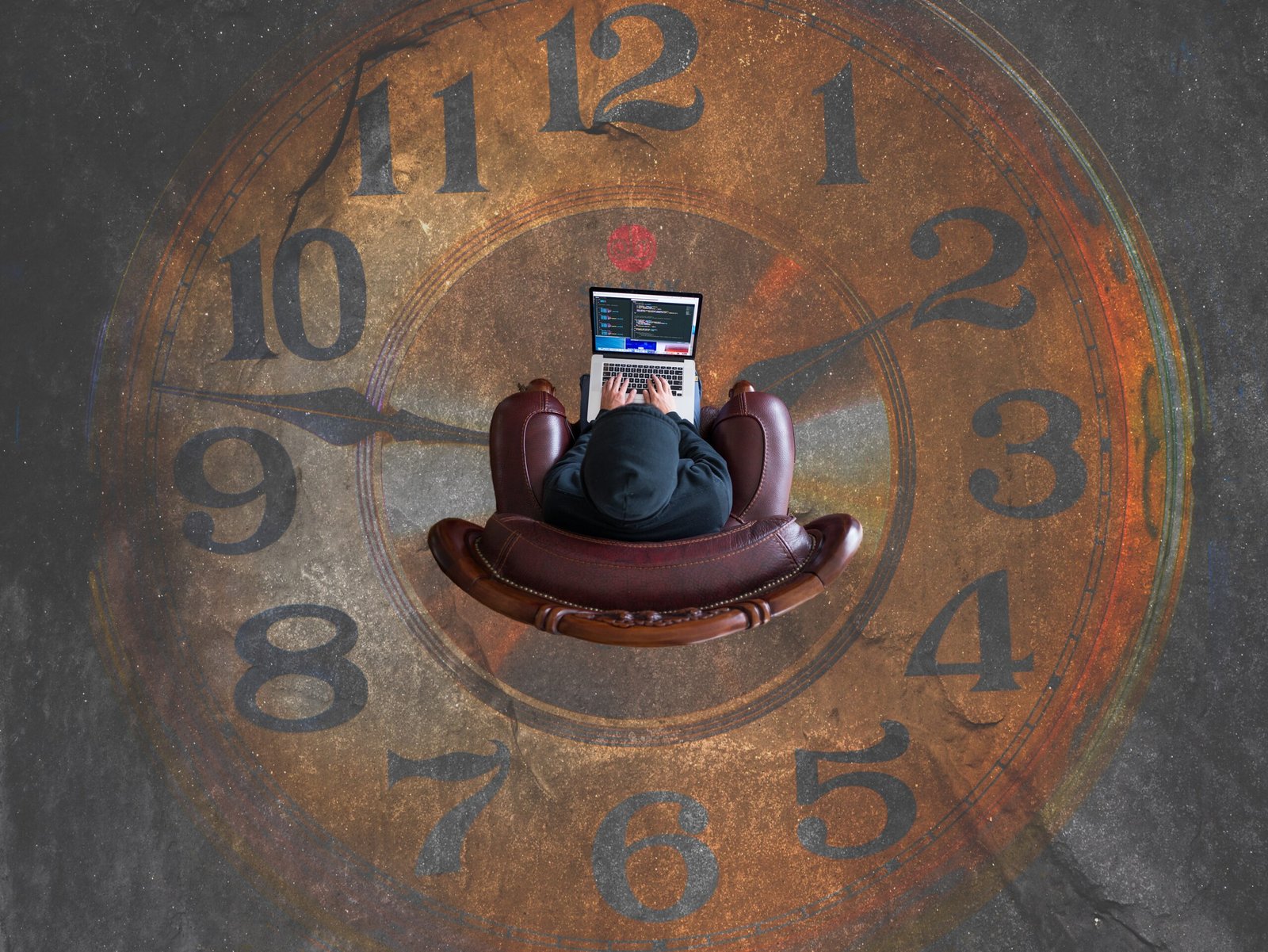I often receive inquiries from friends and family about how I manage to maintain a tidy home while juggling a full-time job. The key lies in effective time management. Having lived in North Carolina for nine years with 8 children ranging from 18 to 2 years old, timing becomes paramount.
For me, the decision to maintain order in my household stemmed from a deep-seated discipline and determination to make things function smoothly. However, I recognize that what works for me may not work for everyone. It’s crucial to consider various factors, including daily responsibilities for both oneself and others, all while balancing the demands of teaching.
In this lifestyle, one must not only educate themselves but also their children, family members, friends, and even pets along the way. Maintaining a clean and organized home requires mutual respect from visitors, as their actions can influence the atmosphere and set an example for others. It’s important to remember that people observe and may adopt techniques learned from your household, potentially offering assistance in return, even if it’s as simple as carrying dishes to the sink during a visit.
1. Start Your Day with a Plain
It all begins with a plan. To make the most of your time, create a daily plan that outlines everything you want to accomplish. Start by making a to-do list—a simple yet powerful technique. As you complete tasks, physically cross them off for a sense of accomplishment. Prioritize your list based on urgency and importance.
2. Prioritize the Most Important Tasks
Once you have your to-do list, organize it by priority. Focus on the day’s most critical tasks. Consider these approaches:
- High, Medium, Low: Sort tasks into tiers based on importance.
- Ranking: Assign a score (1-10) to each item and order them accordingly.
- Eisenhower Matrix: Categorize tasks as urgent/important, important/not urgent, urgent/not important, or neither.
3. Divide Larger Projects into Smaller Tasks
Large projects can feel overwhelming, leading to procrastination. Break them down into smaller, manageable tasks. By focusing on bite-sized chunks, you’ll make steady progress. For instance, if you’re decluttering your kitchen, tackle one cabinet or drawer at a time. Celebrate each small victory!
4. Limit Distractions
Distractions steal precious time. Minimize them by:
- Batching: Group similar tasks together (e.g., answering emails).
- Protected Time: Set aside uninterrupted blocks for focused work.
- Distraction-Free Zones: Designate areas where distractions (phones, social media) are off-limits.
5. Leave Emails for Later
Emails can consume hours if not managed wisely. Instead of checking them constantly, allocate specific times to handle emails. Prioritize urgent messages and archive or delete the rest. Remember, not every email requires an immediate response.
6. Clean as You Go
Apply this principle to both cooking and cleaning. When preparing meals, wash dishes and wipe down surfaces as you go. A cluttered kitchen can hinder productivity. Before cooking, tidy up—clear the sink, organize ingredients, and set the stage for efficient meal prep.
7. Add One Extra Thing Each Day
Consistency matters. Each day, add one extra task to your routine. It could be decluttering a drawer, organizing paperwork, or wiping down appliances. Over time, these small efforts accumulate, maintaining a clean and organized space.
8. Use Time Blocking
Allocate specific time blocks for different tasks. For instance:
- Morning: High-focus work (important tasks).
- Afternoon: Meetings, emails, and routine tasks.
- Evening: Personal time or family activities.
9. Embrace the Pomodoro Technique
Work in focused bursts: 25 minutes of work followed by a 5-minute break. Repeat this cycle. The Pomodoro Technique enhances concentration and prevents burnout.
10. Reflect and Adjust
At the end of each day, reflect on what you accomplished. Celebrate achievements rather than dwelling on what’s unfinished. Adjust your approach as needed—learn from what worked and what didn’t.
Remember, consistency and intentional time management lead to better productivity and work-life balance. Happy organizing! 🌟
Links



